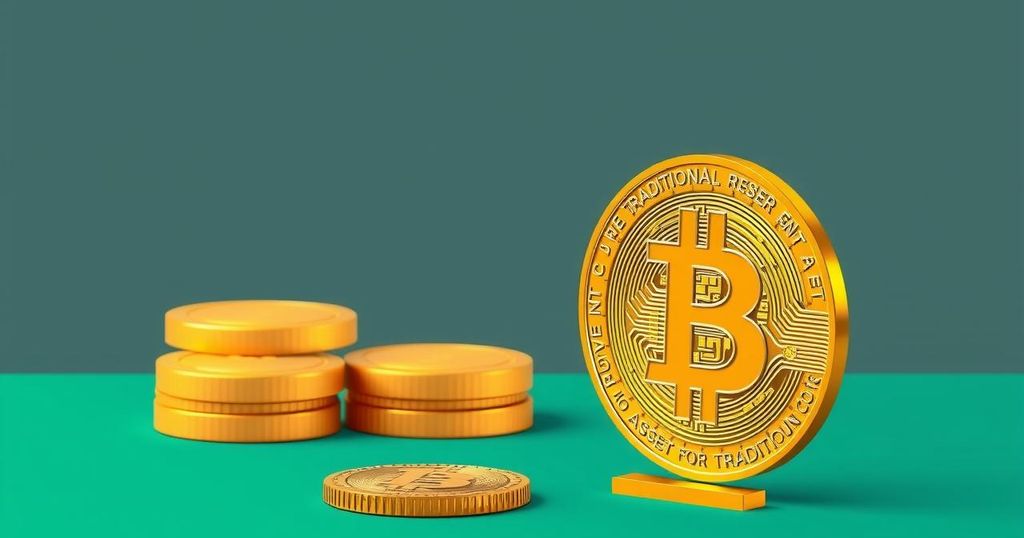Establishing a Bitcoin Strategic Reserve: Key Considerations and Implications
President Trump has established a Bitcoin Strategic Reserve, converting existing U.S. Bitcoin holdings into a dedicated fund while prohibiting new purchases that incur taxpayer costs. This decision, while not fully satisfying advocates, improves Bitcoin’s legitimacy. The article also discusses the rationale for potentially converting gold reserves into Bitcoin without imposing new taxes, emphasising the importance of decentralisation and private sector management of assets.
The recent establishment of a Bitcoin Strategic Reserve (BSR) by President Trump marks a significant milestone for Bitcoin. This transformation reflects Bitcoin’s evolution from a niche digital currency to a recognised store of value within one of the world’s leading economies. The U.S. government’s acknowledgment of Bitcoin has drawn global attention, setting it apart from other cryptocurrencies.
The executive order states that the U.S. will repurpose its existing Bitcoin holdings, acquired through asset forfeitures, into the BSR, which is intended for retention rather than sale. Furthermore, any new Bitcoin acquisitions must be budget-neutral, ensuring that there is no additional financial burden on taxpayers.
The Bitcoin community’s long-standing appeal for a strategic reserve has finally materialised with this implementation. The BSR represents a balanced achievement, aligning with Trump’s electoral promise to create a national Bitcoin reserve as announced at the previous summer’s Bitcoin conference in Nashville. While the initiative does not meet all community expectations, particularly concerning new Bitcoin purchases, it reinforces the legitimacy of Bitcoin and diminishes the likelihood of government prohibition in the future.
Shifting government assets from gold to Bitcoin is a rational strategy. It allows a budget-neutral exchange of one physical asset for another, potentially enhancing financial security, given Bitcoin’s anticipated value increase due to its superior attributes—such as portability, fungibility, lower transaction costs, and limited supply—compared to gold. The trend suggests the U.S. would benefit from converting its gold reserves into Bitcoin, which is likely to appreciate more rapidly than gold.
However, raising taxes or printing money to fund Bitcoin purchases is not advisable. Such actions would burden taxpayers and contradict Bitcoin’s foundational principle of decentralisation. This principle aims to decentralise control away from a select few, including government officials, thus empowering individuals to manage their own investments.
This disapproval extends beyond Bitcoin; governments should not manage or acquire any assets, including gold or equities, as the private sector can perform these functions more effectively. A better approach would involve liquidating gold holdings outright and returning the resources to the public.




Post Comment